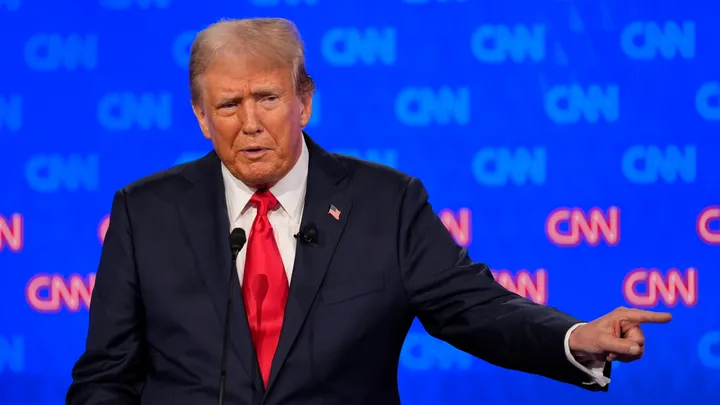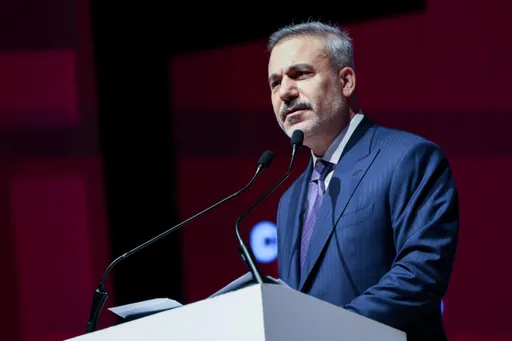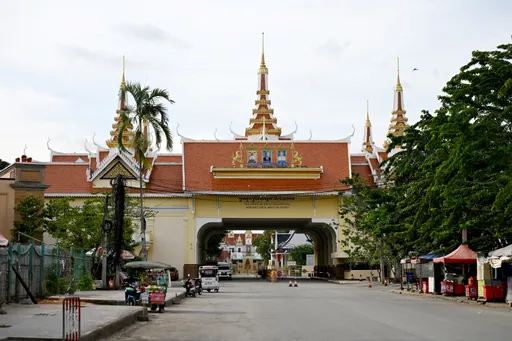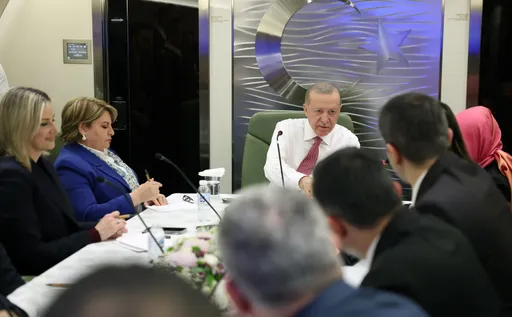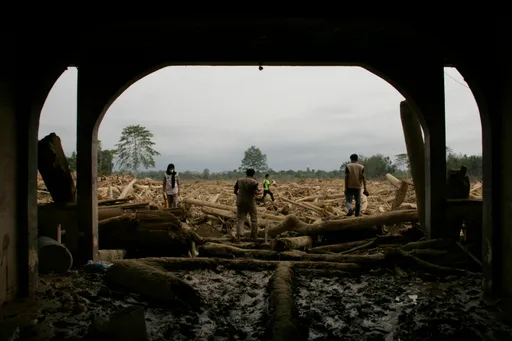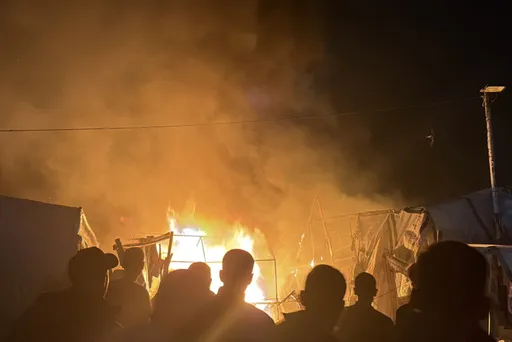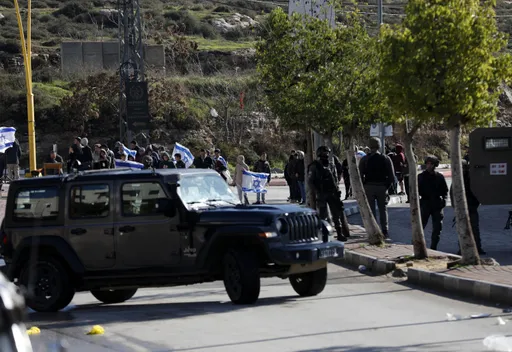On July 13, thousands of businessmen shut their shops in markets across Pakistan in what they said was a protest against higher taxes and austerity measures, which have hurt sales and consumer sentiment.
However, the protest was also aimed at an official drive to bring millions of retail and wholesale outlets under the net of tax collectors.
Pakistan is facing its most severe economic crisis in years with factories cutting output, inflation running high, and its currency — the rupee — losing more than a third of its value against the US dollar in the past year.
Earlier this month, the government of Prime Minister Imran Khan signed a $6 billion loan deal with the International Monetary Fund (IMF) to bolster the country's foreign exchange reserves that are enough to pay for only a few weeks of imports.
One of the biggest challenges facing Khan’s government is finding ways to increase the low tax-to-GDP ratio of under 12 percent. And that’s where Islamabad has taken a number of steps, such as raising taxes on the importation of cheese, perfume, and other 'luxury' products.
But among the owners of the shops in markets and bazaars, where items ranging from mobile phones to refrigerators and imported diapers are sold, there’s hardly any appetite to pay tax.
“I think we have had a free ride for a very long time and now it’s time for everyone to pitch in,” says Ikram Elahi, who owns a company that manufactures beverages and ice cream in Lahore, country's second most populace city.
“We are a registered enterprise and we pay all the taxes. I don’t see any reason why others in the supply chain don’t have to do the same.”
Successive governments have struggled to document the flow of goods and earnings of shops, which number between two and five million.
Under a new requirement, wholesalers have to submit a copy of national identification cards whenever they buy goods worth Rs50,000 ($314) or more from manufacturers — the move enables tax authorities to document earnings in the informal sector.
“It’s all about documentation. Right now the government has little information about who is selling what and to whom. There’s also the issue of smuggled goods, which cross the porous borders [with Iran and Afghanistan],” says Shahnawaz Akhter, a Karachi-based tax analyst.
From dimly lit stores with no signboards and enough space to fit only two salesmen in the downtown Karachi market of Jodia Bazar, businessmen make transactions in the millions on a daily basis by selling rice, tea, old magazines, toys and industrial chemicals.
“We admit there are leakages. But that’s the way business has been done for 70 years. You can’t just change it overnight,” says Arif Jeva, a representative of a large traders’ association.
Khan’s government is also investigating former prime minister Nawaz Sharif and ex-president Asif Ali Zardari on corruption charges as part of his election promise to bring the looted wealth back to Pakistan.
“What we are telling the government is that it can’t fight on so many fronts at the same time. There are new taxes on real estate, restrictions on imports of used cars and all of that amid a slowing growth” says Jeva.
“For one year we have seen legal wrangling that involve politicians. Not a single penny has been retrieved from them. You think people are not noticing that?”
Against this backdrop, the fear that taxmen have been given a free reign to harass businessmen has created unease among those who want to support the government, he says.
“There’s also corruption on multiple levels of tax collecting machinery. Until that is fixed, traders will remain fearful about this documentation drive.”




